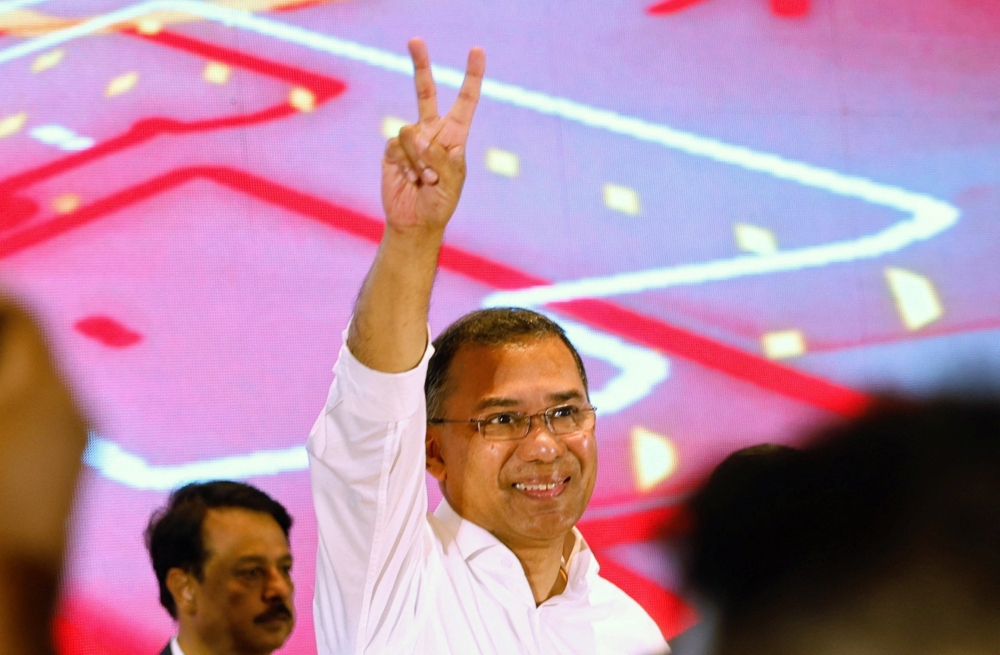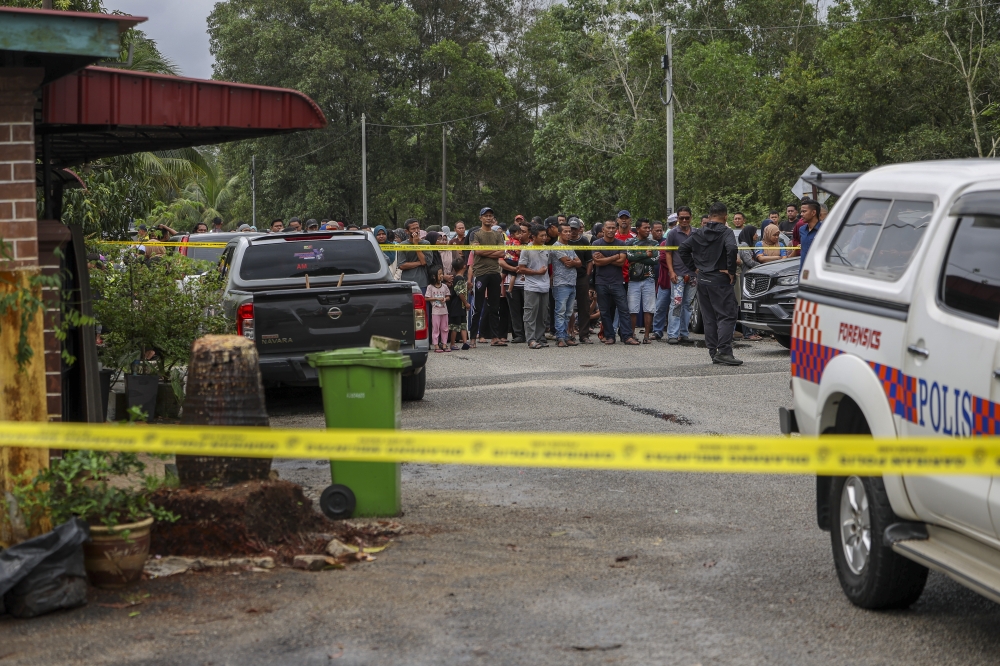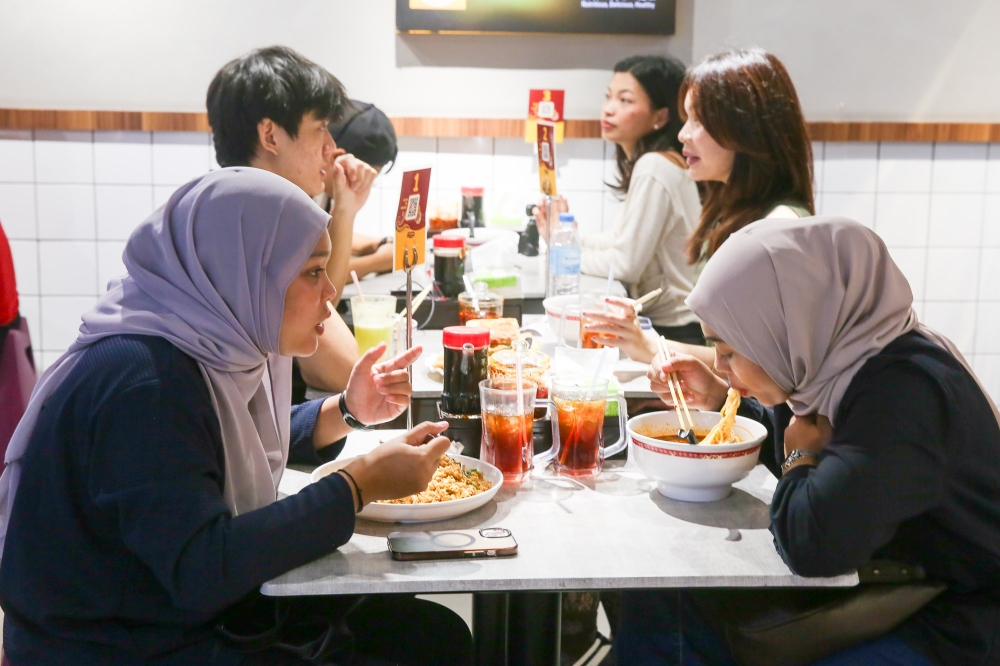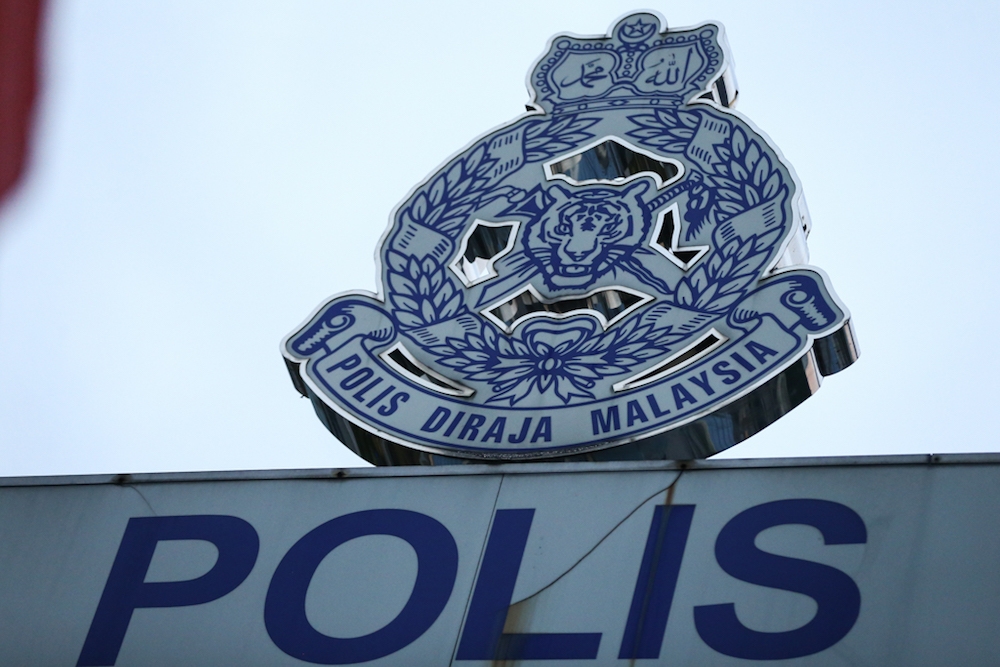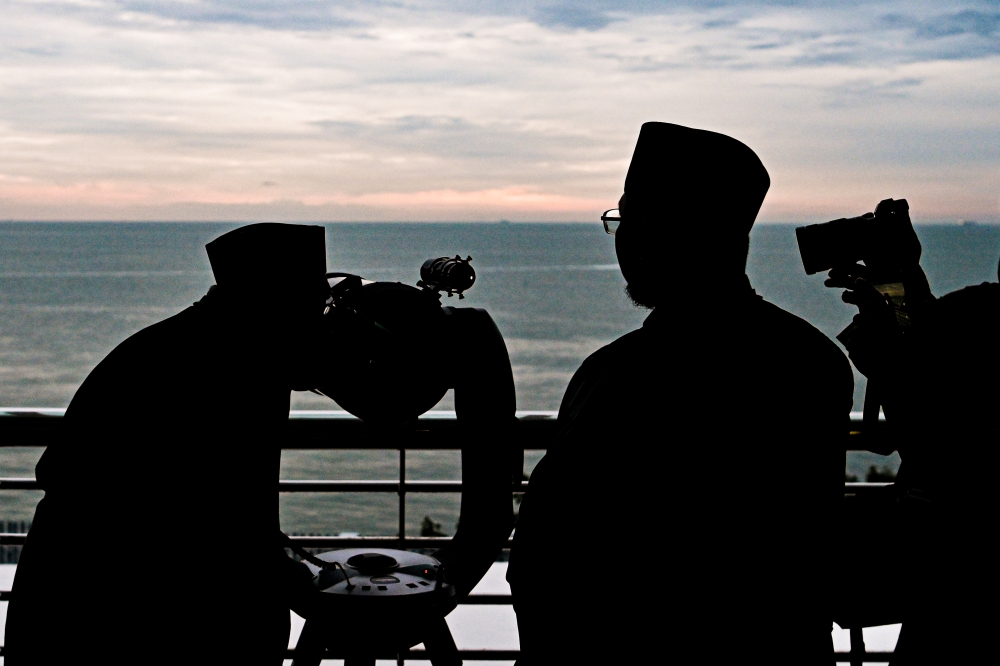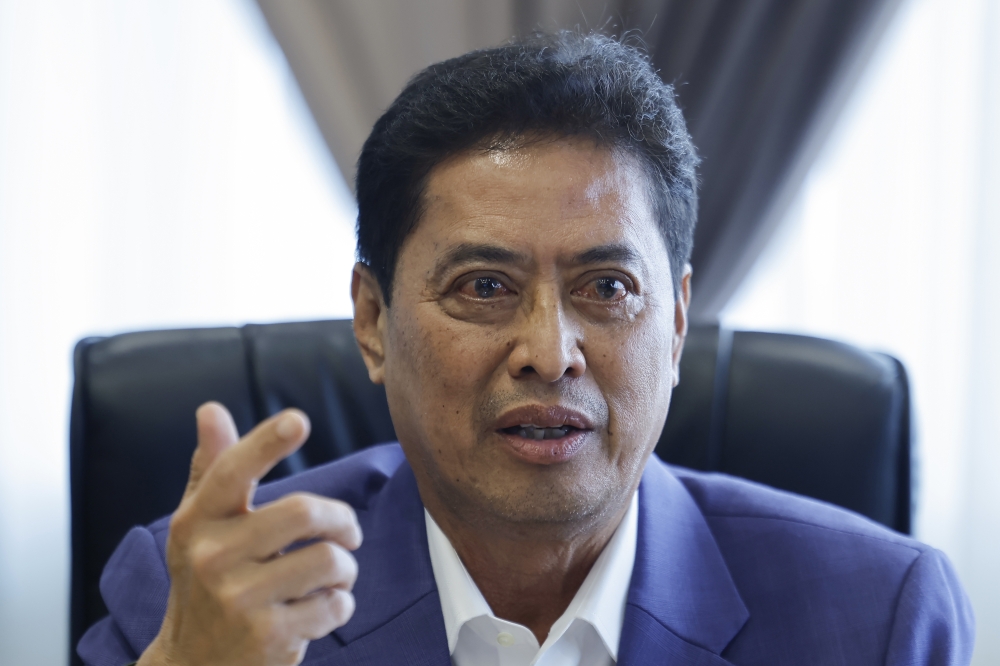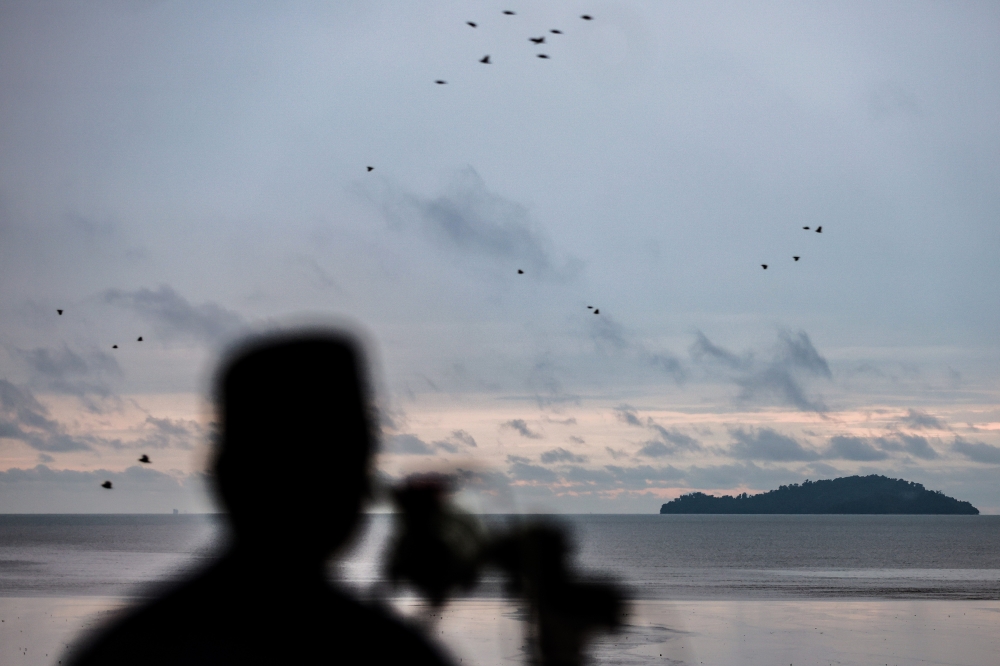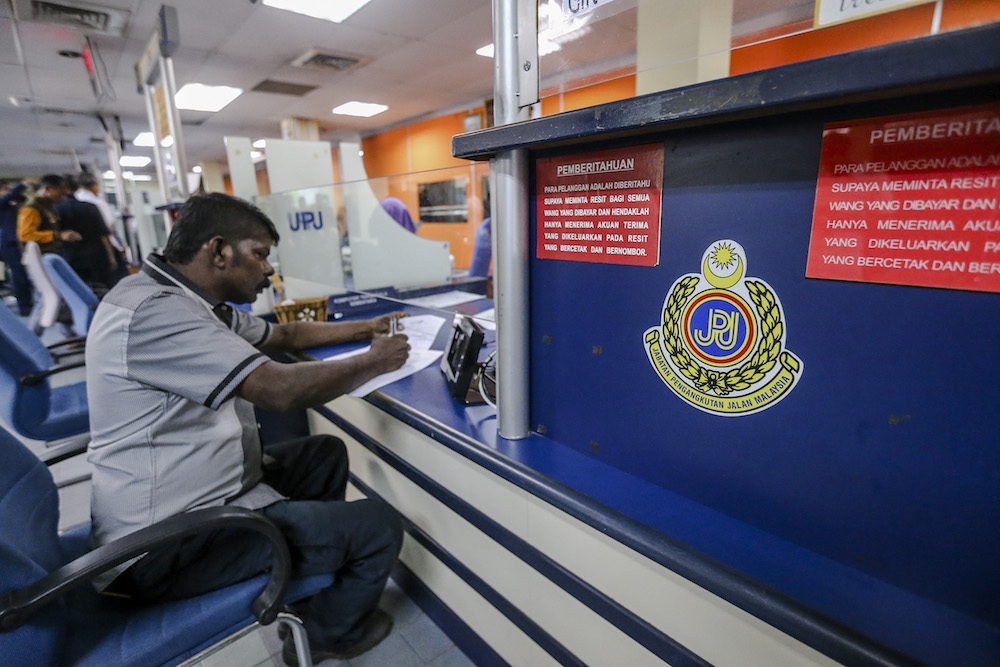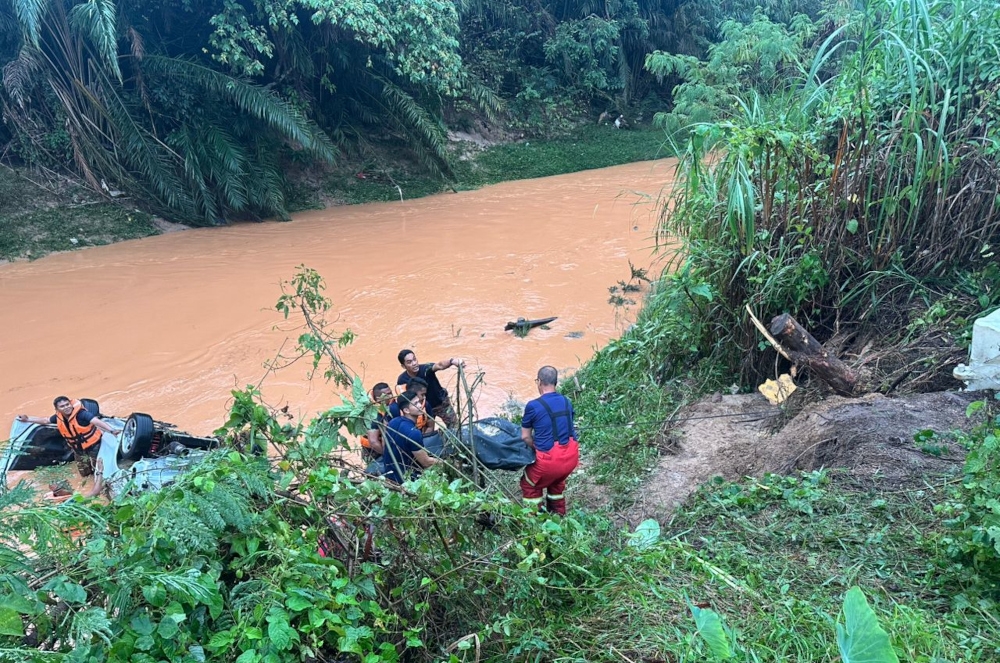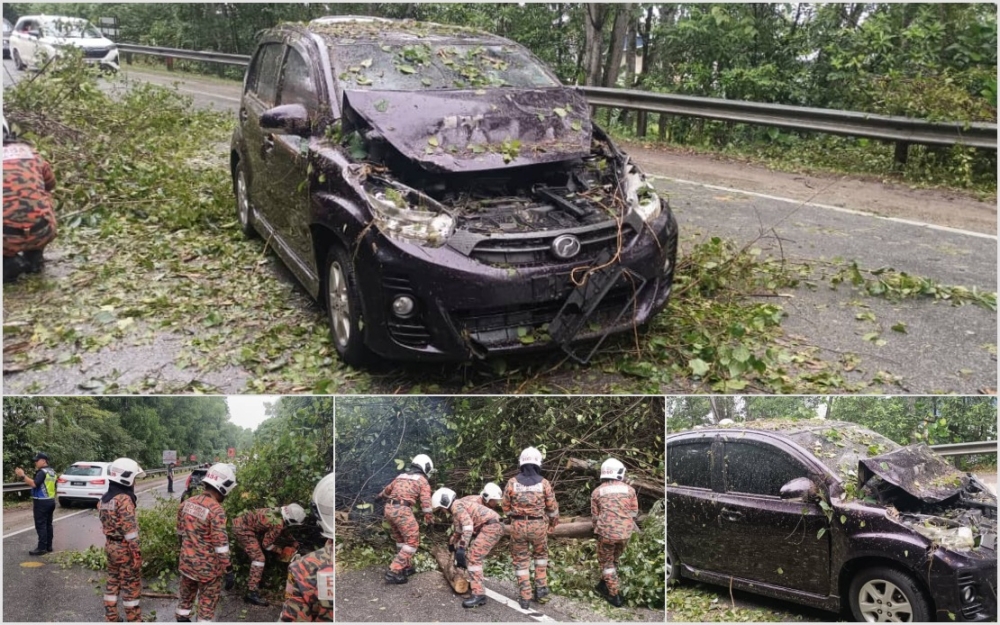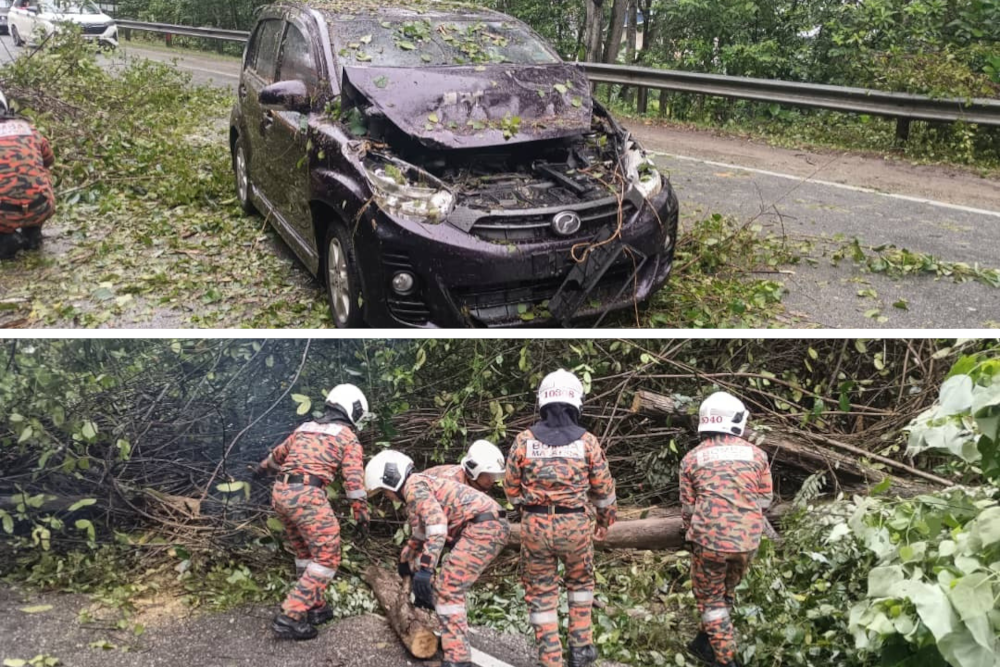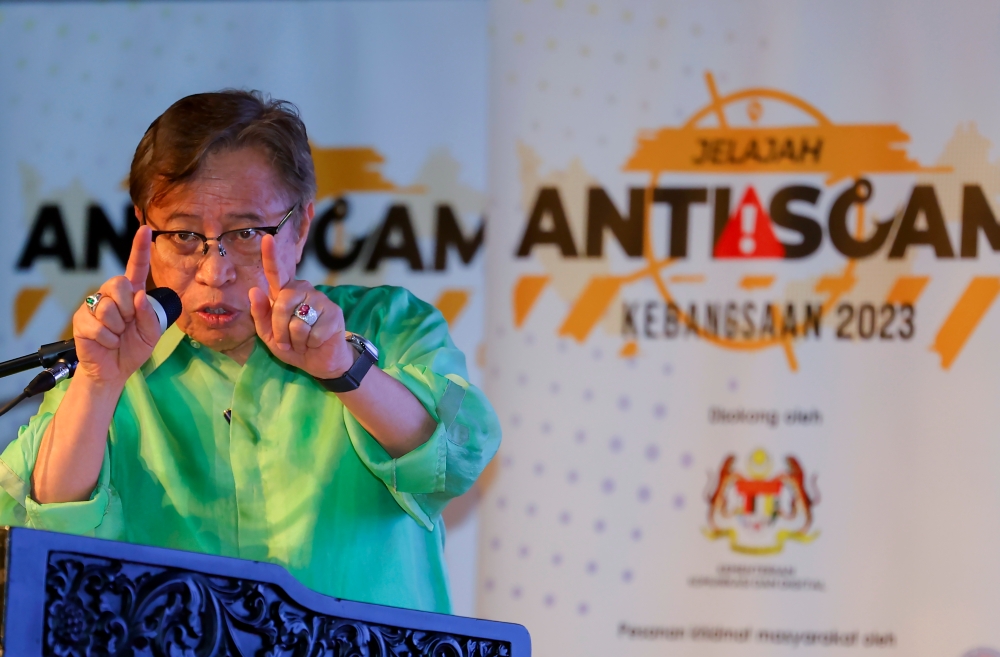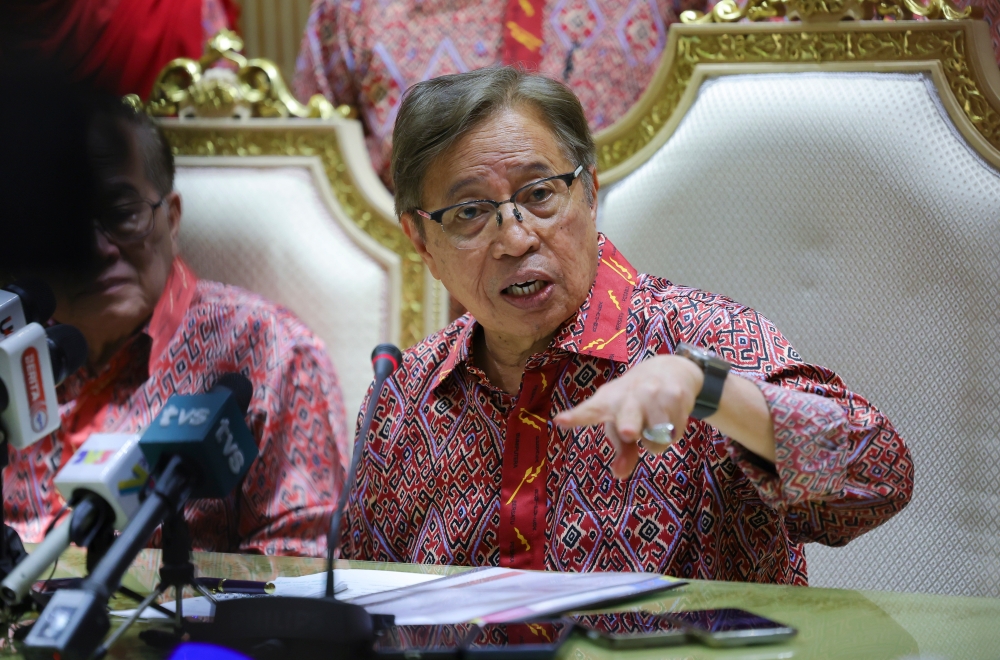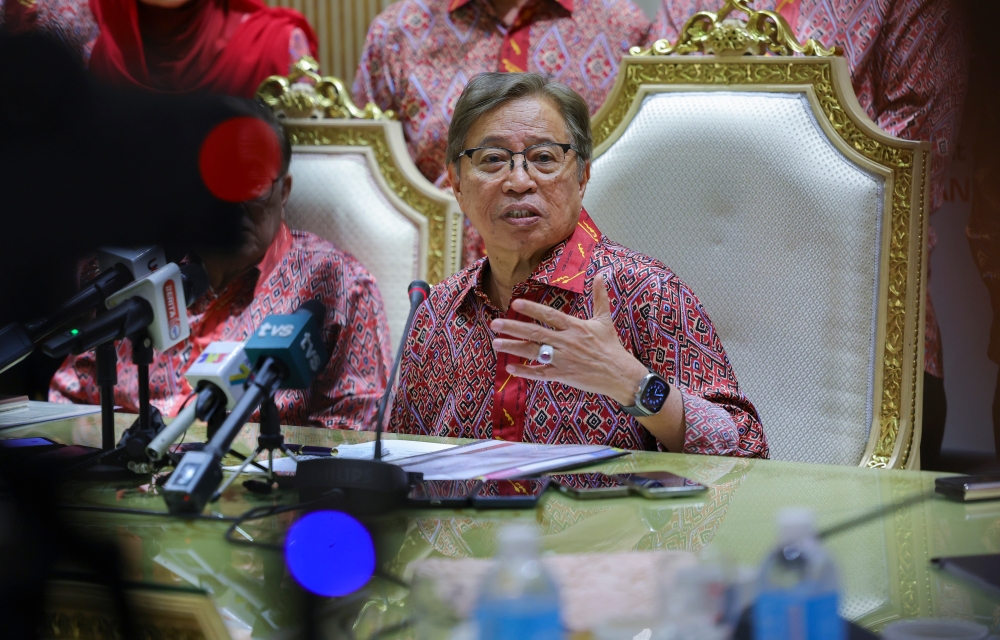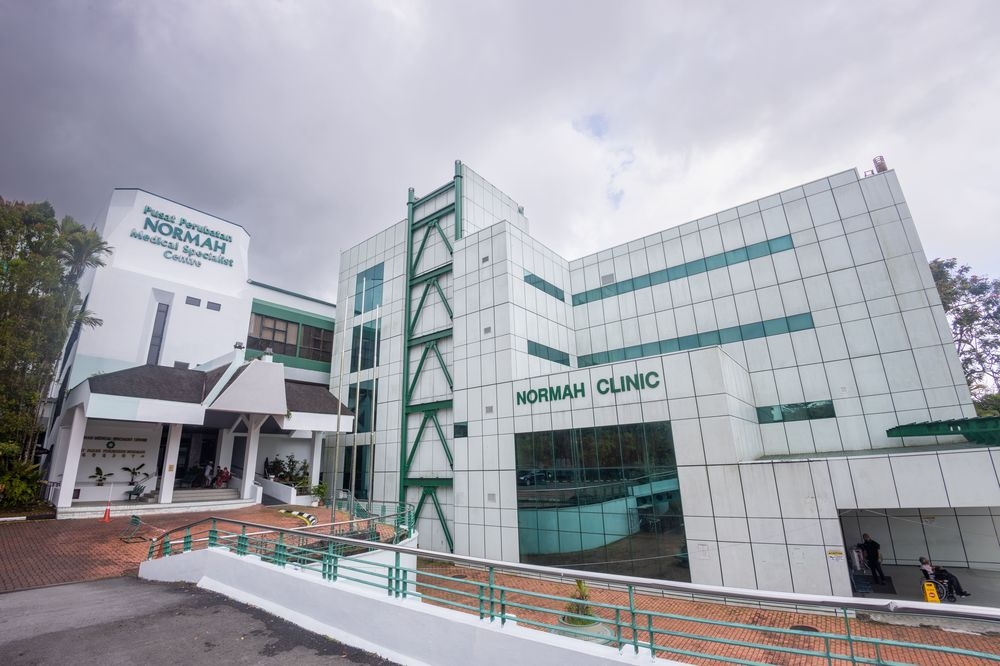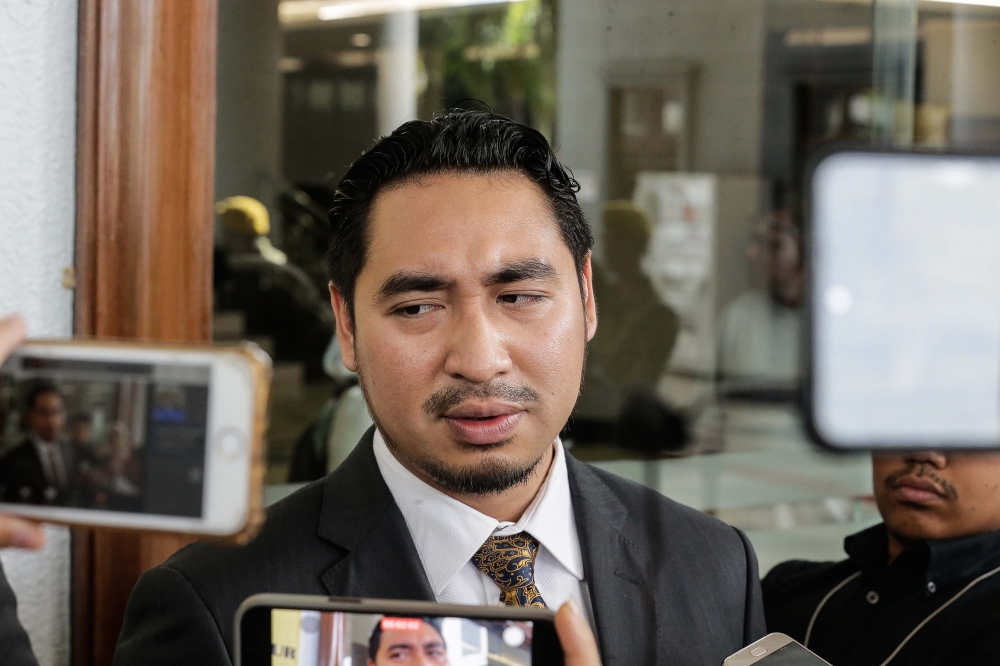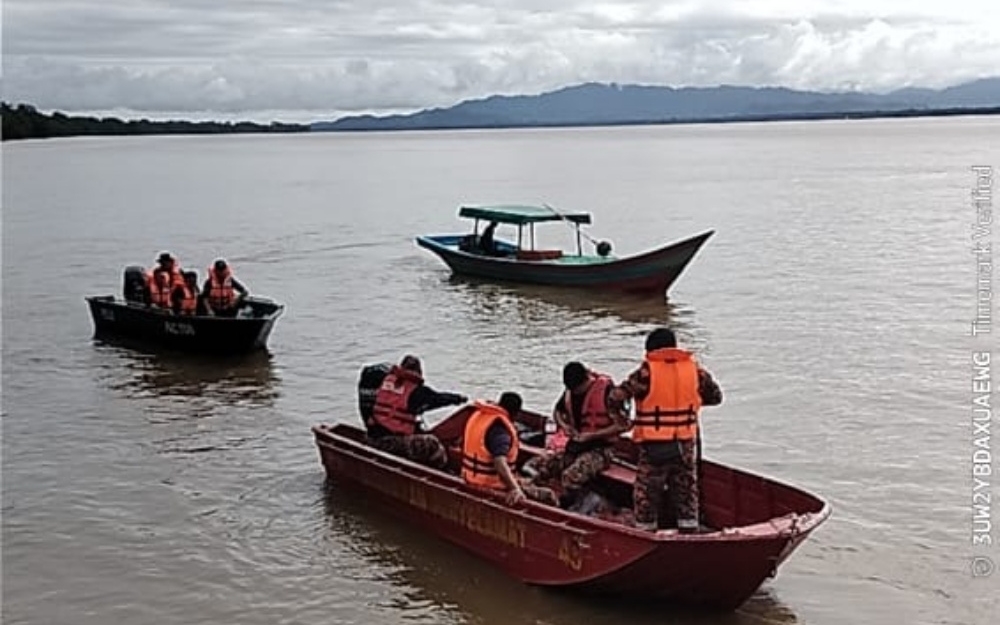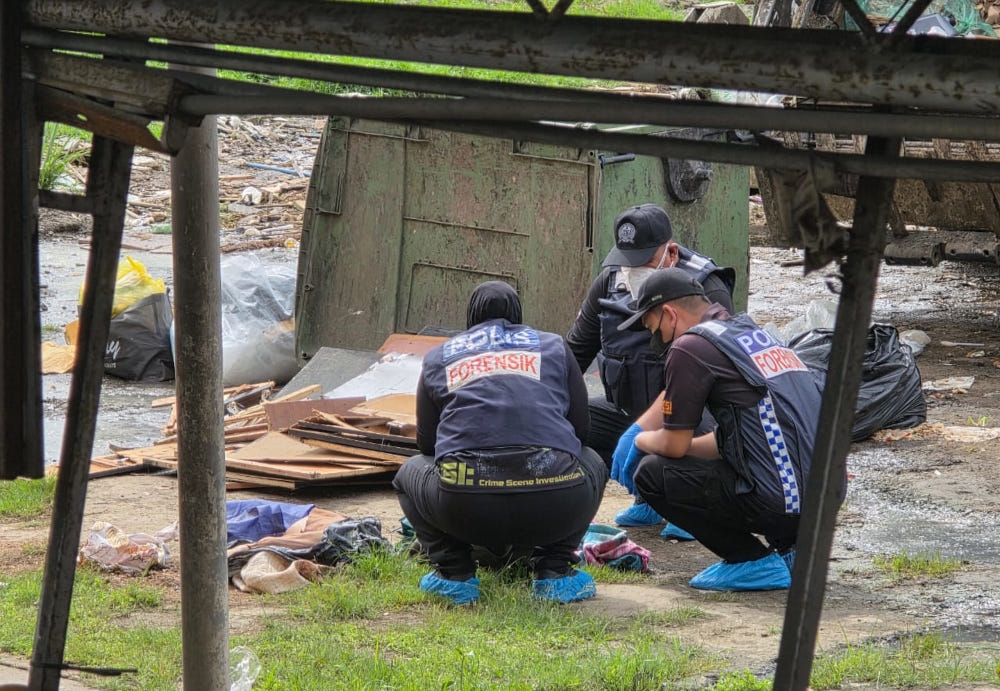KUCHING, Sept 5 — Sarawak Premier Tan Sri Abang Johari Openg today called on government agencies, industry associations, non-governmental organisations, and local communities to collaborate in overcoming challenges facing the palm oil industry worldwide.
He said stakeholders, by working together, can address environmental and social issues, improve best practices, and promote responsible palm oil production amid growing consumer awareness and demand for sustainably sourced products.
“The palm oil industry has faced criticism due to its association with deforestation, wildlife habitat destruction, and greenhouse gas emissions,” he said in his address at the East Malaysia Palm and Lauric Oils Price Outlook Conference and Exhibition here.
“Building and maintaining consumer trust through transparent and traceable supply chains is vital for the industry’s future growth and market access.”
He added that by embracing sustainable practices, preserving biodiversity, social protection, and fostering transparency, the industry can not only overcome hurdles but also strengthen its position as a responsible and vital player in the global market.
He noted that while the palm oil industry in Sarawak has made impressive strides and contributed significantly to the region’s economic development, it faces several challenges that demand attention and action.
The premier said it is essential to acknowledge the region’s commitment to environmental sustainability and combating climate change.
Abang Johari noted that Sarawak is taking progressive steps toward implementing a comprehensive carbon policy, which aligns perfectly with the state government’s goals for a sustainable future.
“These ambitious efforts underscore Sarawak’s dedication to environmental preservation, reflecting the region’s commitment to mitigating its carbon footprint and contributing to global climate goals,” he added.
He said Sarawak has the highest oil palm planted area in Malaysia, contributing about 1.6 million hectares to the country’s total of 5.7 million hectares, accounting for 29 per cent of the country’s total oil palm planted area in 2022.
He said almost all of these areas have been certified under the stringent Malaysian Sustainable Palm Oil (MSPO) standard, reflecting the region’s commitment to responsible and sustainable practices.
“On top of that, the Sarawak government maintains its prohibition on new development on large-scale oil palm plantations in the region, with the exception of communal and native customary rights (NCR) lands where such developments are permitted,” he said.
“On the other hand, Sarawak’s production of Crude Palm Oil in 2022 reached four million metric tonnes, reflecting a notable increase of 2.50 per cent from the previous year,” the premier said.
He said the prospects for this year remain robust, with CPO production from January to June 2023 reaching 1.7 million metric tonnes, an increase of 2 per cent compared to the same period in 2022.

